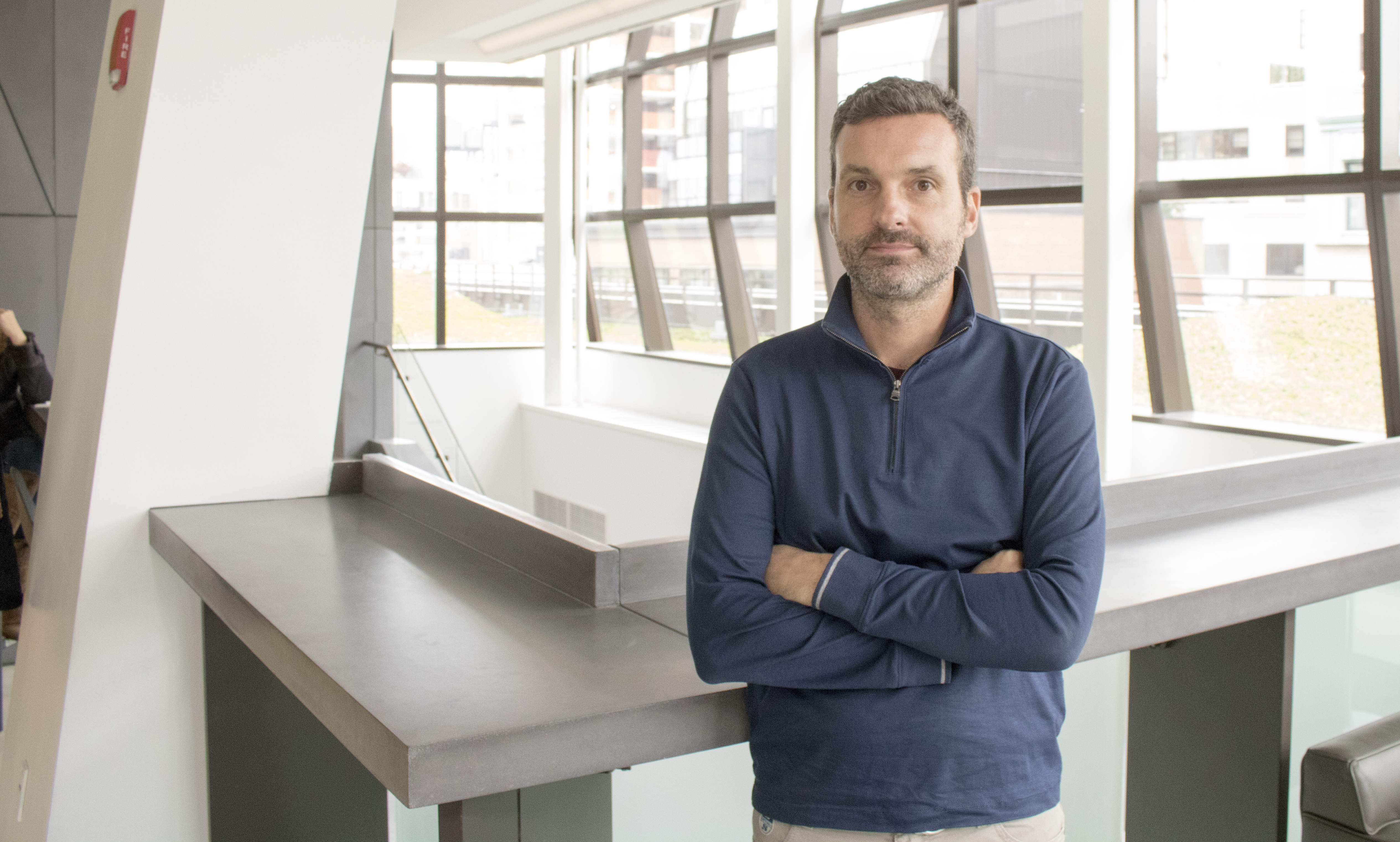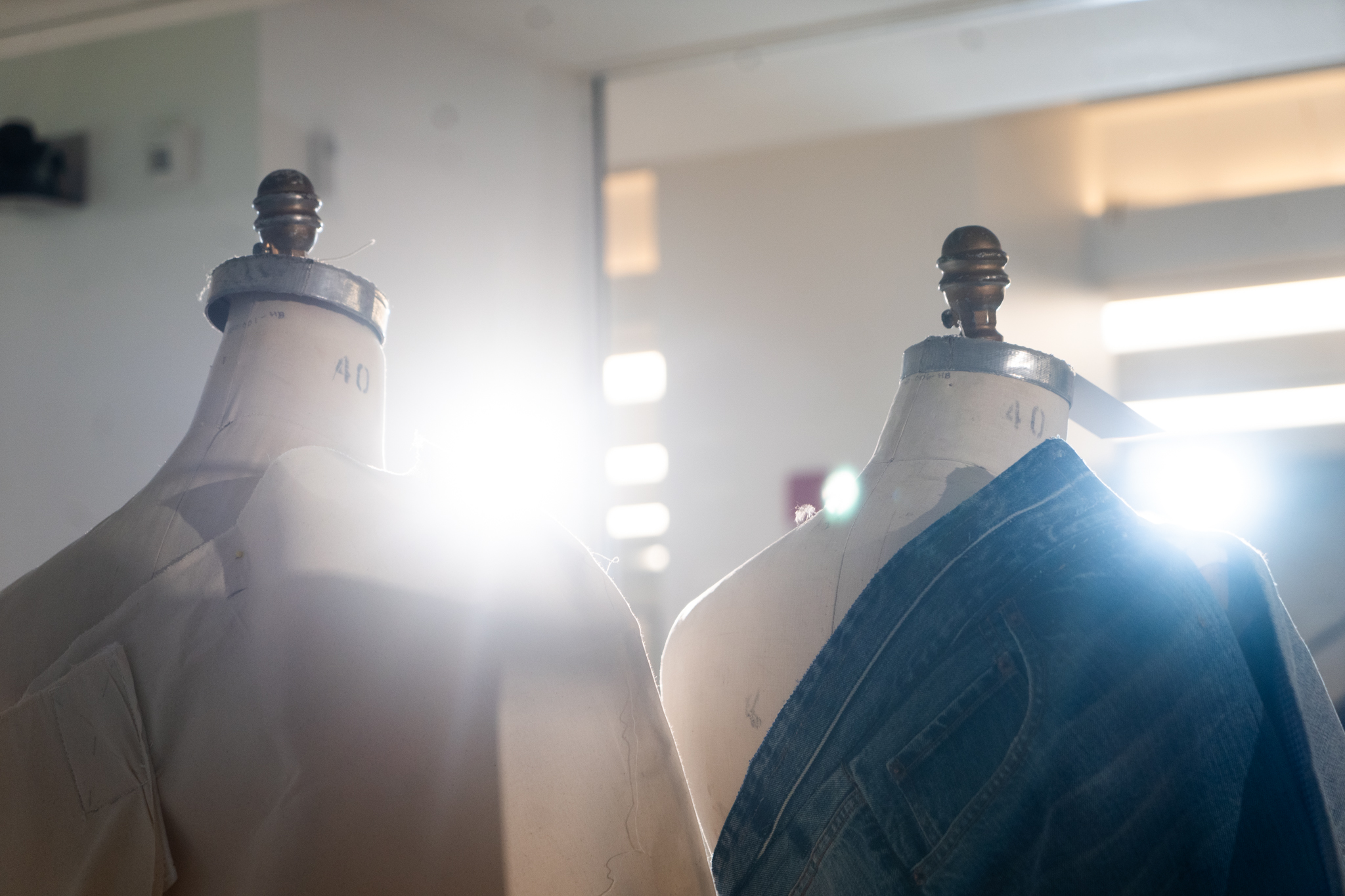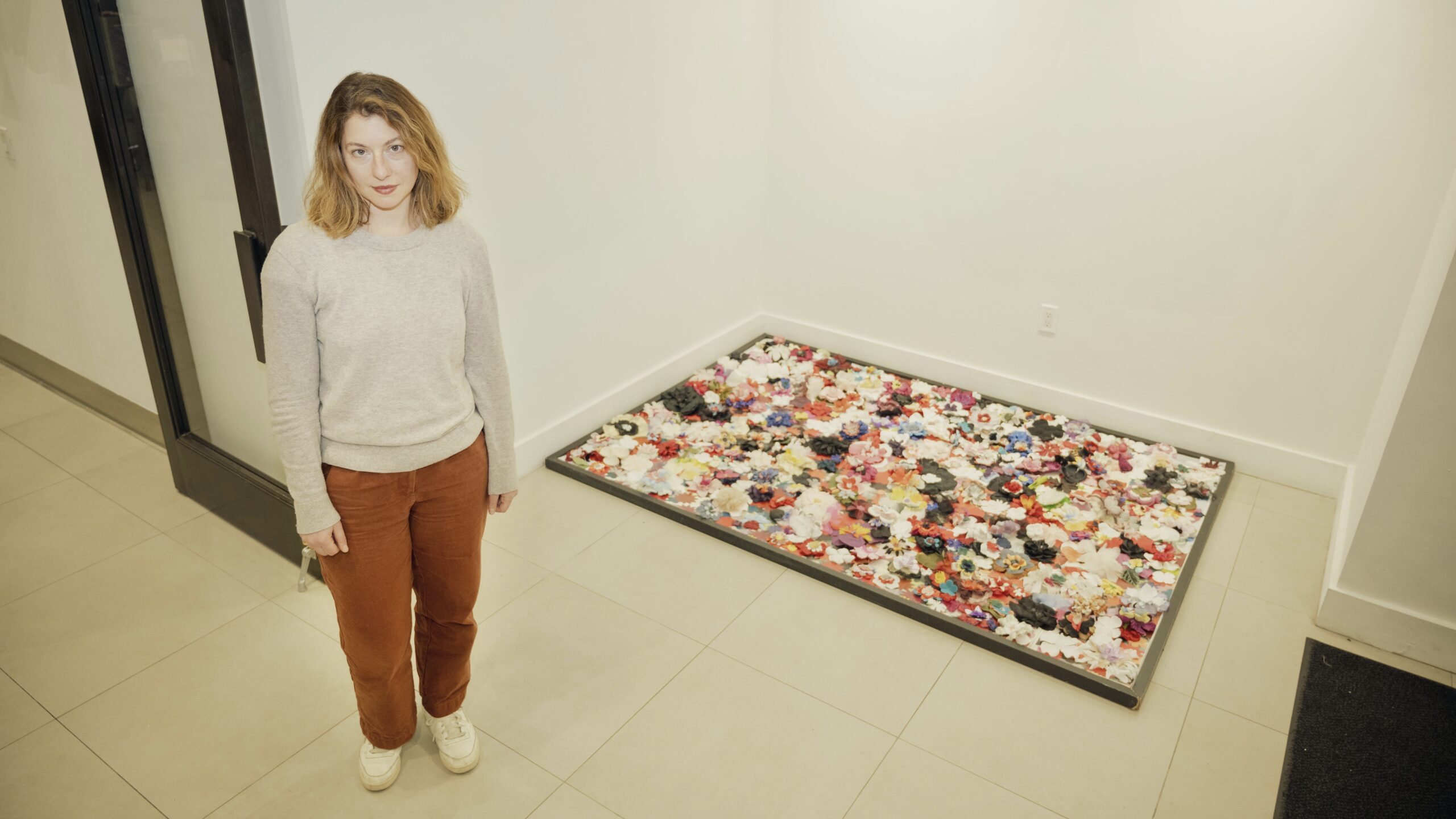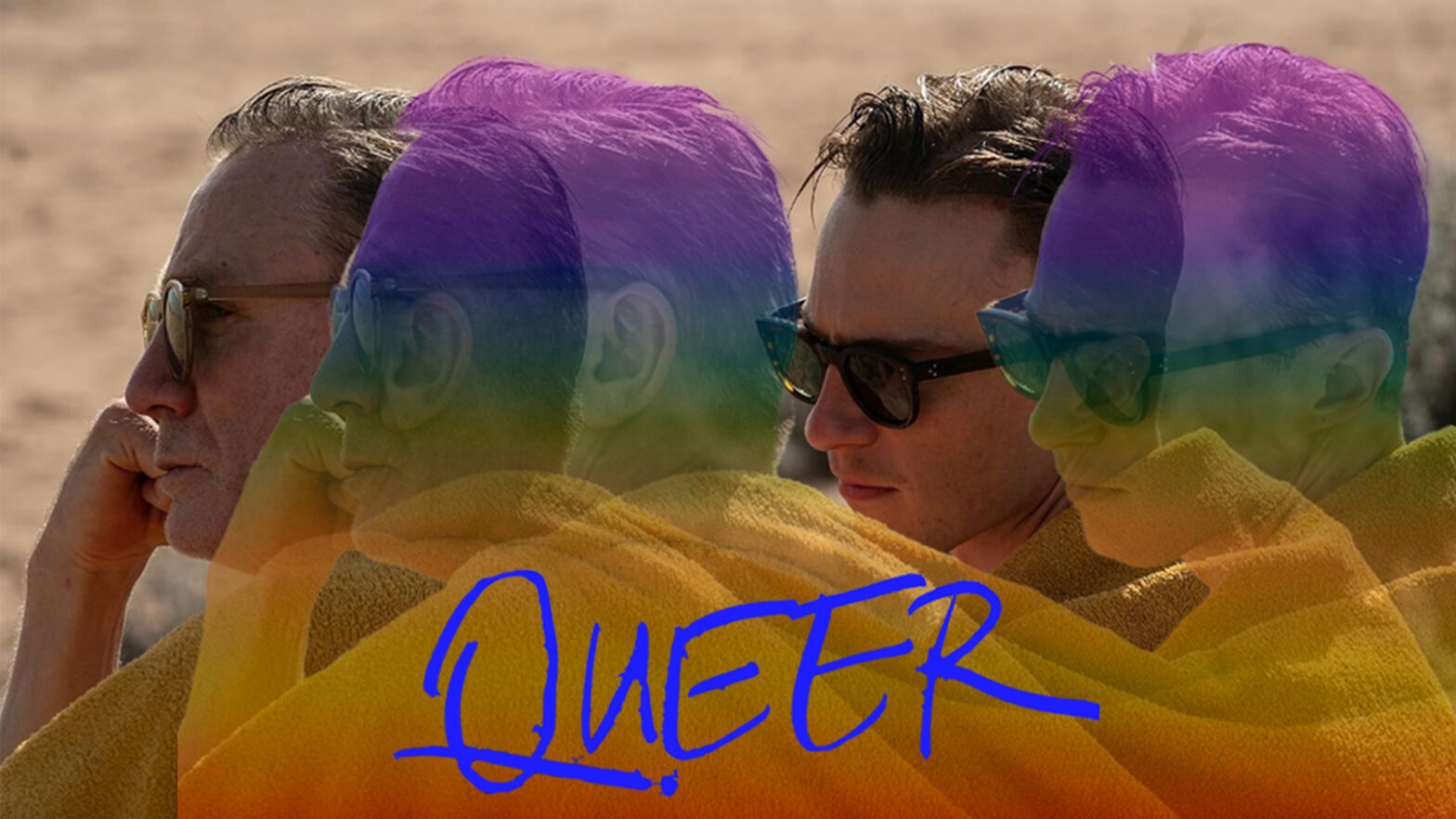Scores of Facebook users have closed their accounts in response to news that user data was leaked to Cambridge Analytica. Parsons Associate Professor of Media Design David Carroll, who filed a complaint against the political consulting firm in March for what he said is “a massive invasion of privacy,” still isn’t one of them.
As many as 87 million users may have had their data accessed by Cambridge Analytica without their knowledge, according to Facebook. This week, on Tuesday and Wednesday, CEO Mark Zuckerberg testified before the House Energy Commerce Committee, “We didn’t take a broad enough view of our responsibility and that was a big mistake. And it was my mistake and I’m sorry,” said Zuckerberg, in his testimony.
Facebook’s next step is to do a full audit of all Cambridge Analytica systems to confirm if the company still has any data and to make sure that they remove it. If Cambridge Analytica refuses to discard any data they still have from Facebook, the company will “take legal action against them,” Zuckerberg said.
Carroll filed his complaint on March 16, the same day Facebook suspended Cambridge Analytica from the platform. The following day, The New York Times reported that Cambridge Analytica had obtained Facebook users’ private information from Aleksandr Kogan, a Russian-American academic who claimed to be collecting the data for academic purposes.
“We all chose to join Facebook, we all chose to use it. We all chose to install the apps and share stuff on there,” Carroll said. “Nobody chose to let Cambridge Analytica potentially match all of our data back to our voter registration and then use it for purposes we don’t even know about.”
Carroll was able to request his personal information from Cambridge Analytica under UK laws. He requested his data profile in January 2017 and received a document with his profile from SCL Group, which founded Cambridge Analytica, in late March of that year.
The firm’s report included contact information, demographics, voter history and ratings of Carroll’s concern with issues such as gun rights, immigration and national security.
“Cambridge Analytica guessed that I was a very unlikely Republican, but also noted that gun rights were important to me,” Carroll wrote in an op-ed for Motherboard. After sharing his report from SCL on Twitter, Carroll said that European academics contacted him because they questioned the legitimacy of the data collected, which led him to find his lawyer, Ravi Naik.
Carroll said the firm’s assessments of his views on the issues couldn’t have been determined with the information they sent him, meaning the company must have more information than they revealed. “We don’t know what they have. We don’t know what they have on all of us,” Carroll said.
After Carroll filed his complaint, Cambridge Analytica was given a deadline to send his full profile. The original deadline was April 6, but the firm was granted an extension. Carroll declined to comment on the reasoning behind the extension.
The current Facebook scandal was only one part of the issue.
“I can understand why people are fascinated with Facebook, but the key to understand is that Facebook is at the beginning and the end of the story,” Carroll said.
Alvin Chang, a data reporter for Vox and an instructor at Lang, said the focus should be on Facebook rather than Cambridge Analytica.
“The alarming thing about this is actually the data portion. It’s a Facebook scandal. It’s not a Trump scandal, it’s a much lesser Cambridge Analytica scandal,” Chang said. “The core of this is a Facebook scandal, because Facebook allowed our data to be vulnerable.”
“It’s vindicating—but it’s also really troubling—that we had to come out of such a catastrophe to start to have an honest conversation about this,” Carroll said. “The people who don’t want to admit it have to admit it now.”
Carroll said Facebook is partially to blame. However, he added, the real issue isn’t just the violation of trust from the social network.
“We have totally inadequate laws and protections and we totally need transparency,” Carroll said. “We hopefully value why transparency is needed now. We have to be able to see our own data because it’s ours.”
Consumer data has long been used in marketing and politics, Chang said. “This information and what its being used for isn’t just in the political realm and it’s not just Cambridge Analytica that was using it, and using these strategies—it was everyone.”
“What Cambridge Analytica did wrong was they broke the terms of services and how they can use that information. They specifically created an app to draw people in so they can use it for political purposes,” Chang said.
Carroll said many people are “dismissive” of Cambridge Analytica, claiming the tactics wouldn’t have worked on them. “[Skeptics] have to think like it wasn’t necessarily traditional ads. We don’t know what it was,” Carroll said.
“Certain people might have been targeted over the course of months, or they’re able to find pockets of people really easily and then zero in on them. We just don’t know,” Carroll said.
Photo by Orlando Mendiola.







